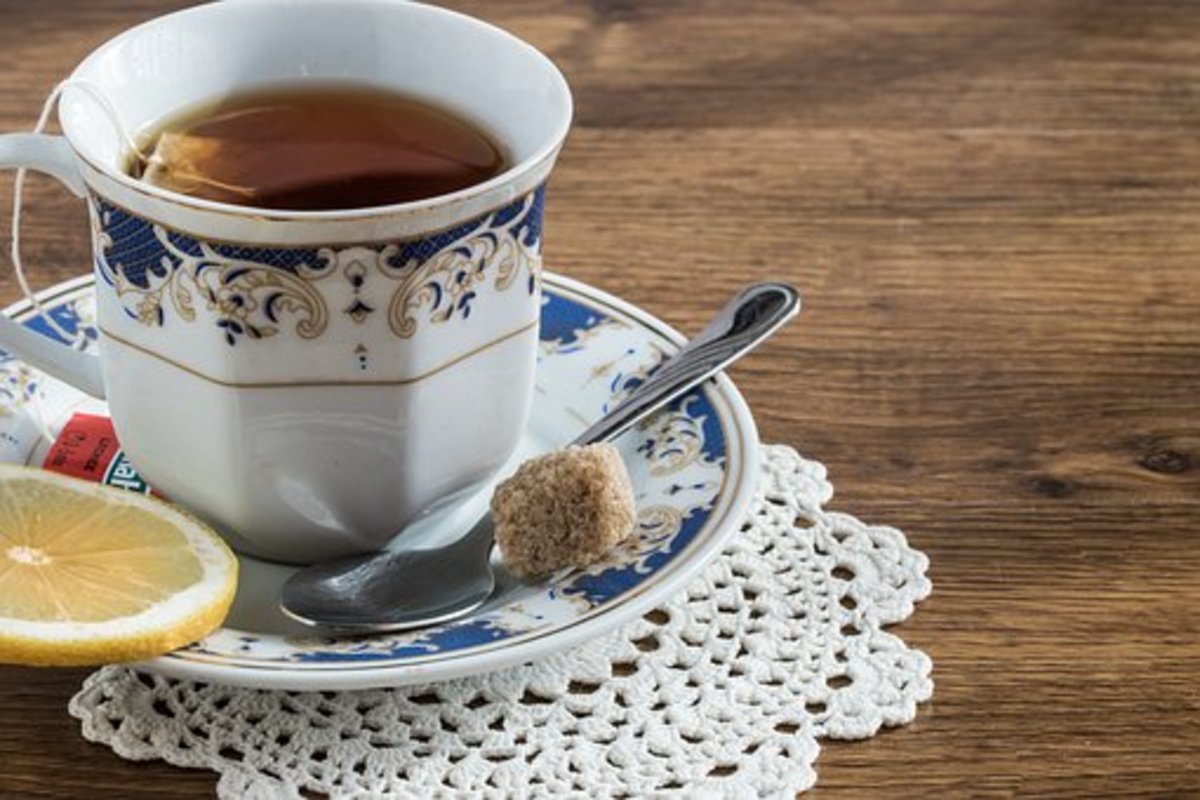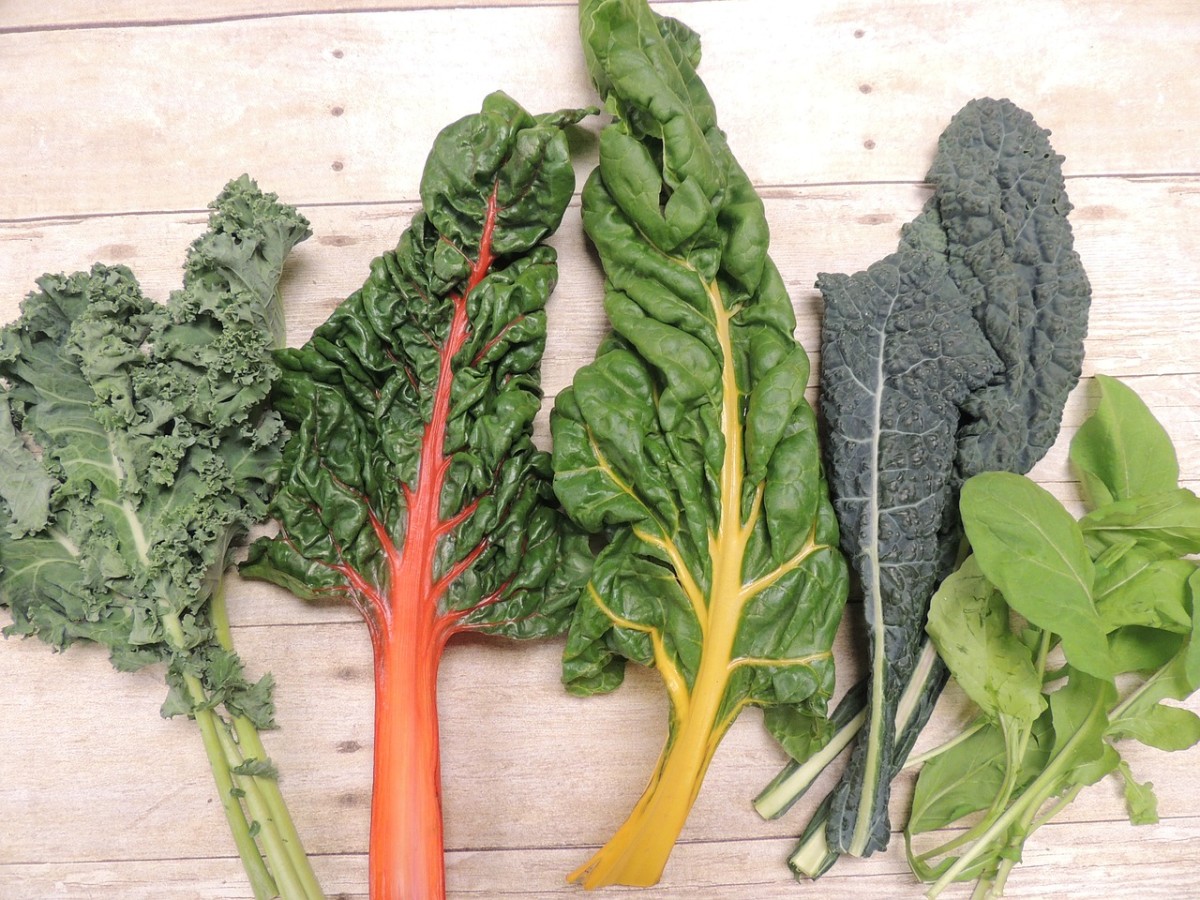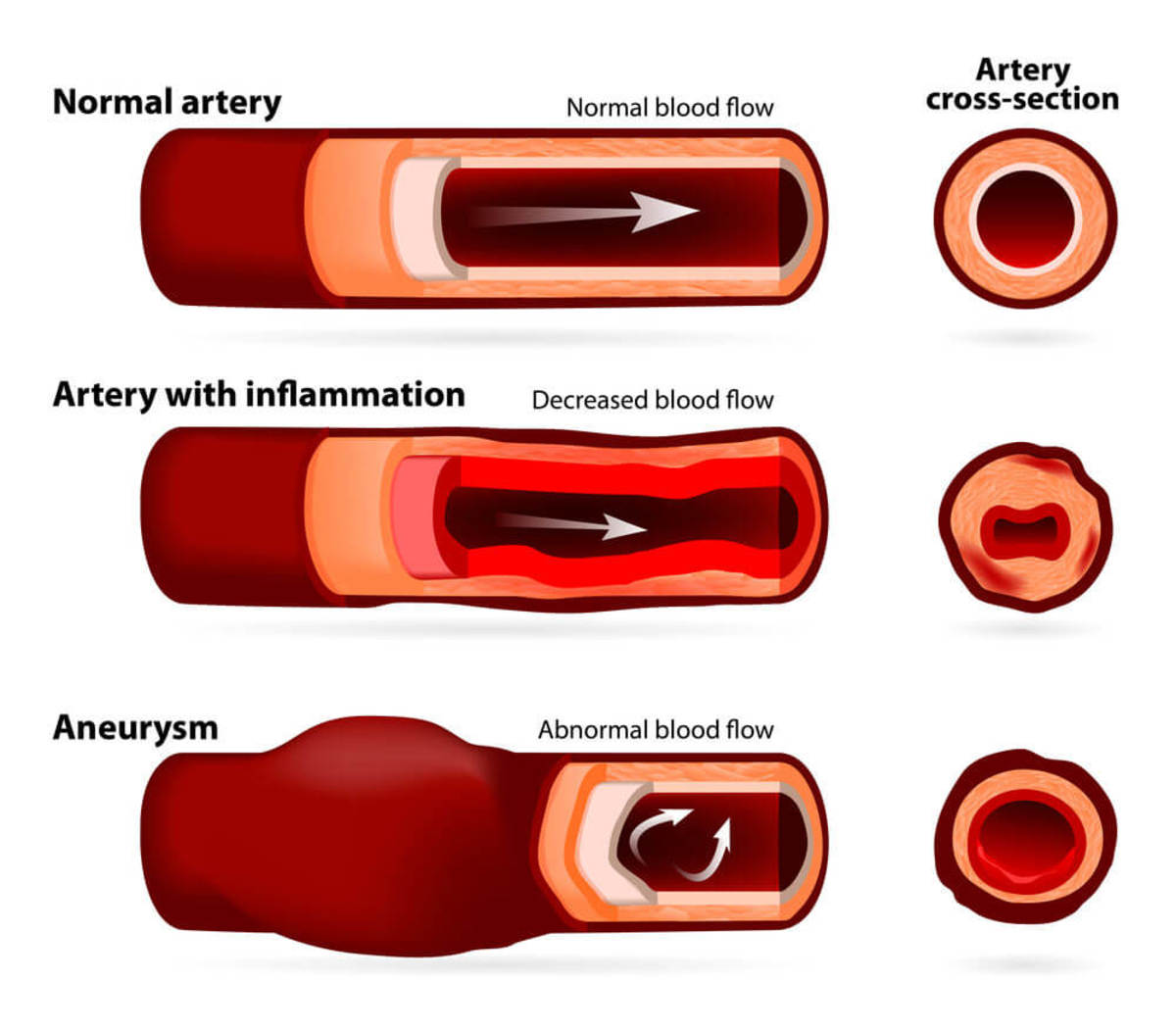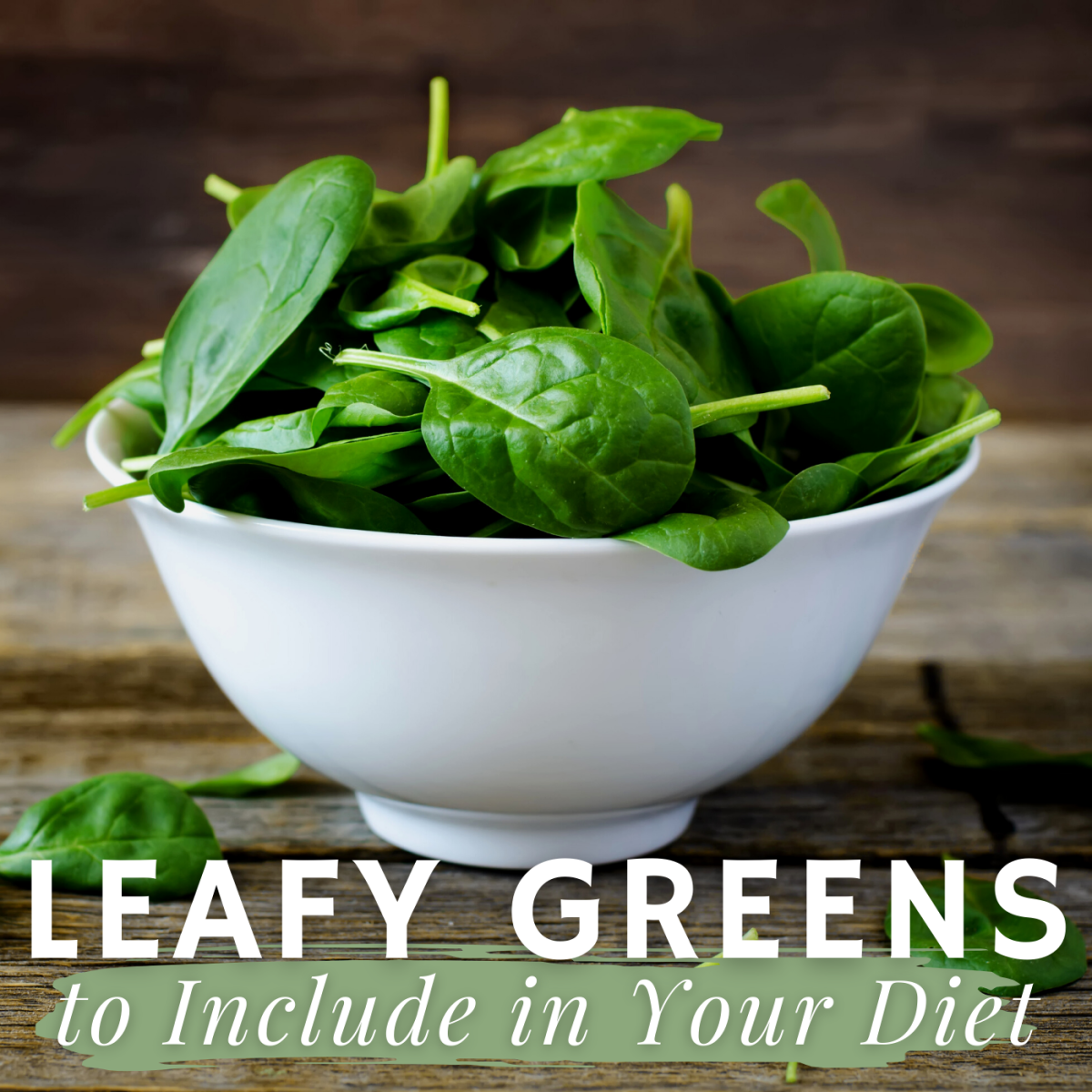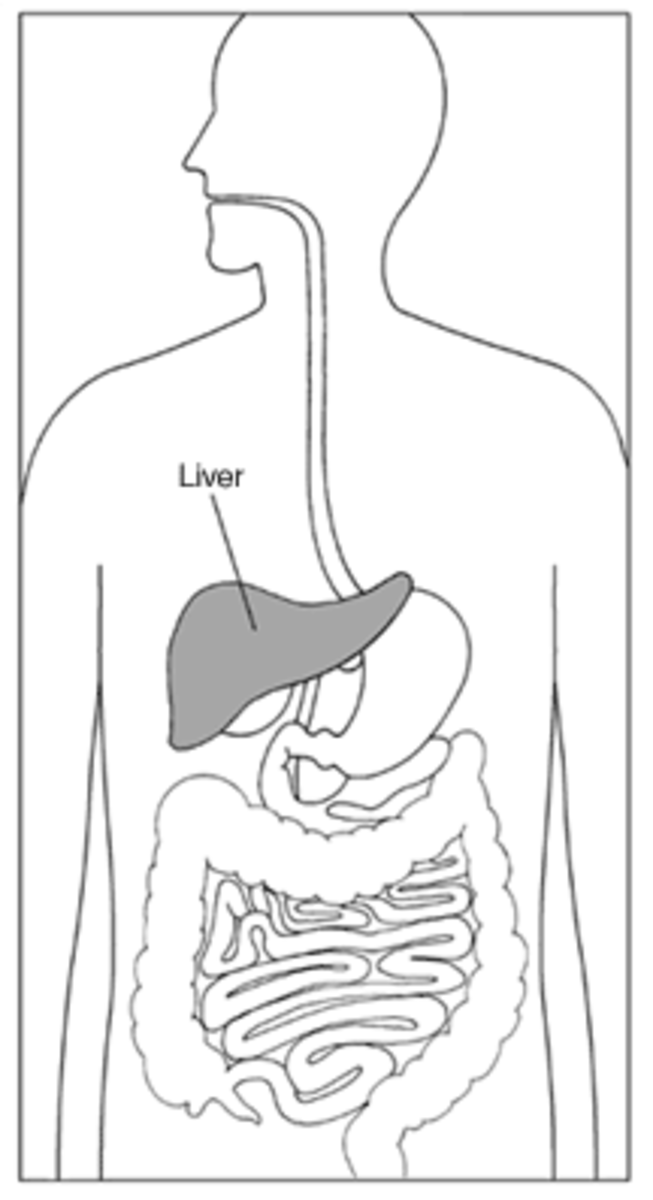Heart Failure and the Secret to Long Life
We Are What We Eat
The food we consume each day has always received the highest blame for our ill health. Researches have scrutinized us while churning out reports on the benefits of this or that food. It remains true that nutrition definitely plays a key role in personal health. What of our bodies being a composition of a myriad of chemicals.
Good health therefore refers to a balance in these chemicals in our bodies. Dietary practices have become common among men and women in a bid to control the rate at which we are being decimated by ailments. Most foods found on our favourite supermarkets’ shelves have very few nutrients if any. We should also take time to check the chemicals used to preserve the product. Some chemicals in use may have been prohibited long before the product was manufactured.
The wrappings manufacturers use can also cause harm to your body. Teflon (Polytetrafluoroethylene) is a plastic material used to coat cooking utensils, wrappers and industrial applications to prevent sticking. This cancer producing substance is deposited in our blood in large quantities as we consume the food it contaminates. It also takes blame in birth defects. This can be confirmed by The US Environmental Protection Agency.
Food sweeteners like aspartame which is used in our favourite foods and soft drinks (An artificial sweetener used as a calorie-free sweetener, made from aspartic acid) has been found to be highly toxic and also causes palpitations (Rapid and irregular heartbeats). See Aspartame (NutraSweet) Toxicity Info Center .
The addition of Monosodium Glutamate (MSG - A white crystalline compound used as a food additive to enhance flavor in cooking) to our foods through stock cubes, barbecue sauce, salad dressings, potato chips overly stimulates our appetite causing overeating and hence obesity, which is bad for the heart. It is a proven fact that most foods on supermarket shelves are nutritionally deficient. It is therefore necessary to control what we eat because we end up being what we eat.
Healthy Foods
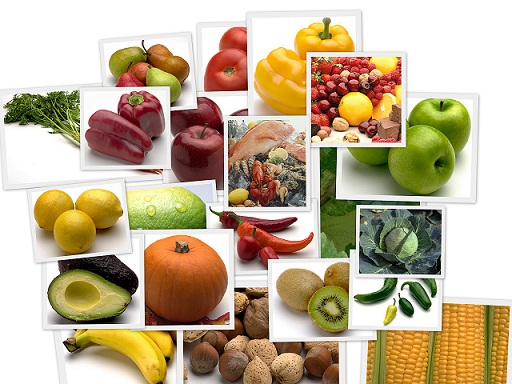
The Number One Killer Disease
A coronary attack or heart failure is rated as the most frequent killer in USA. This implies that we are more likely to die of a heart disease than in a road accident. The American Heart Association and Centers for Disease Control and Prevention (CDC), CDC’S Division for Heart Disease and Stroke Prevention report that every 25 seconds, an American has a coronary issue and that an American dies every minute of the same cause.
The authorities above report that heart diseases can be diagnosed through one experiencing pains and discomfort in the chest, shortness of breath, nausea or lightheadedness and palpitations.
They have highlighted conditions that raise the risk of death by heart failure as peripheral artery disease (PAD), high cholesterol, high blood pressure, obesity, diabetes and smoking.
Nutrients that Help in Preventing Heart Diseases
CDC points out that heart disease is the third leading cause of death among women in the 25-44 age bracket and second leading killer of women in the 45-64 age bracket (Check the Women and Heart Disease Fact Sheet). CDC further states that on average, men get a heart attack at 66 years and that fifty percent of those who get the attack are likely to die 8 years later. They warn that many causes of heart disease can be prevented.
Fatty foods are least advocated for in our diets due to the danger of accumulated fats in our bloodstreams. Our bodies don’t breakdown all fats easily. Animal fats are a source of bad cholesterol which usually blocks our arteries allowing a limitation to the flow of blood due to the accumulation of plaque on the walls of our arteries to the detriment of our hearts. Cholesterol is an animal sterol that is normally synthesized by the liver. Cholesterol is the most abundant steroid in an animal.
Doctors say that too much of it is dangerous as explained above. Some heart attacks are linked to cholesterol. The chemical Resveratrol found in grapes, raisin, red wine and peanuts (the red skins that is normally discard when chewing peanuts) helps in reducing cholesterol. Citrus fruits, leafy vegetables, legumes, whole grain flour, nuts, lean meats, seafood, pepper, and the onion family of crops are all recommended in the fight against heart diseases, high blood pressure and cholesterol.
Ensure to include fresh green vegetable salads in your meals. A good vegetable salad will comprise of raw carrots, lettuce, tomatoes, onions, capsicum, pepper (optional), lemon juice or soya sauce and a tiny pinch of salt. Wash well, rinse, dice everything, toss in a bowl with soya sauce or lemon juice and cool in the fridge for five minutes before serving with the main dish. Eat a lot of fruits. Avoid candy.
Dietary Recommendations by the NRC (USA)
Despite being acclaimed as a good source of instant energy, too much sugar is not good for health. According to the National Research Council of USA, the food and nutrition board has recommended specific dietary requirements for all age groups. It will be worthwhile to note that, men’s dietary requirements are in conflict with those for women.
So, despite being under the same roof, the two need to feed differently. Nutritional supplements are therefore recommended under a doctor’s guidance. The NRC recommends that a man, woman and expectant mothers of 50 years of age and above need the following nutrients daily in order to remain healthy. 50 years has been chosen for falling close to the average age of the endangered age brackets. Children have been excluded.
The dietary recommendations have been expressed either in grams (g), milligrams (mg) or micrograms (mcg) in the table below;
Nutrients
| Gents
| Ladies
| Expectant Mothers
|
|---|---|---|---|
Protein (g)
| 63
| 50
| 60
|
Vitamin A (mcg)
| 1000
| 800
| 1300
|
Vitamin D (mcg)
| 5
| 5
| 10
|
Vitamin E (mcg)
| 10
| 8
| 10
|
Vitamin K (mcg)
| 80
| 65
| 65
|
Vitamin C (mg)
| 60
| 60
| 70
|
Thiamin (mg)
| 1.5
| 1.1
| 1.5
|
Riboflavin (mg)
| 1.7
| 1.3
| 1.6
|
Niacin (mg)
| 19
| 15
| 17
|
Vitamin B6 (mg)
| 2.0
| 1.6
| 2.2
|
Folate (mcg)
| 200
| 180
| 400
|
Vitamin B12 (mcg)
| 2.0
| 2.0
| 2.2
|
Calcium (mg)
| 800
| 800
| 1200
|
Phosphorus (mg)
| 800
| 800
| 1200
|
Magnesium (mg)
| 350
| 280
| 320
|
Iron (mg)
| 10
| 15
| 30
|
Zinc (mg)
| 15
| 12
| 15
|
Iodine (mg)
| 150
| 150
| 175
|
Selenium (mcg)
| 70
| 55
| 65
|
Water (Glasses)
| 8
| 8
| 8
|
Nutritional Sources
Protein
This is a nitrogenous organic compound that is essentially a constituent of living cells. It comprises of polymers of amino acids. Proteins are essential in the diet of animals for growth and repair of torn tissues. They can be obtained from eating meat, eggs, milk and legumes. I always keep some chicken for eggs and protein. Five to ten bean stokes in the kitchen garden are a good idea. The greatest concentrations of protein are to be found in animal and dairy products.
Vitamin A (Axerophthol)
This is a fat-soluble vitamin that is essential for normal vision good skin texture, bone and teeth formation. It also prevents night blindness, inflammations and dryness in eyes. It is an antiopthalmic factor which can readily be found in raw carrots, eggs, milk and green leaves. My kitchen garden has several plants growing in season. It is often necessary to convert your flower pots into vegetable garden. How about eating kale out of your flower pot? Beta carotene which is converted to vitamin A is found in raw sweet potatoes that have yellowish flesh, raw carrots, kale and spinach.
Vitamin D (Calciferol)
This is a fat-soluble vitamin that prevents rickets (bow legs) in small children, strengthens teeth and bones. It is absorbed through the consumption of milk, and dairy produce. Our exposure to sunshine causes our bodies to produce vitamin D, which can also be found in milk.
Vitamin E (E, Tocopherol)
A fat-soluble vitamin that is essential for normal reproduction. Apart from preventing heart diseases, this vitamin serves as an antioxidant that neutralizes free radicals in the body. We absorb it by consuming almonds, leafy green vegetables, avocadoes, vegetable oil and most nuts. The main source of vitamin E is nuts and vegetable oils.
Vitamin K (Naphthoquinone)
This is a fat-soluble vitamin that helps in the clotting of blood. It is an antihemorrhagic agent mainly found in milk, eggs, cabbage spinach and broccoli.
Vitamin C (Ascorbic Acid)
A water-soluble vitamin that prevents scurvy, common cold, reduces the risk of contracting cancer, cataracts and is good for teeth and gums. It is found in fresh citrus fruits, vegetables, guavas, pepper, potatoes, cherries and straw berries. This vitamin is also an antioxidant. The greatest concentrations of vitamin c are found in raw red pepper.
Thiamin (Aneurin, Vitamin B1)
This is a vitamin that prevents beriberi. Apart from helping the conversion of carbohydrates to energy, thiamin cares for our nerve cells and functions of the heart. It also maintains appetite and growth. Our intake of the vitamin is mainly from liver, fish, bread and cereals. The greatest concentrations are found in pork and fish.
Riboflavin (Hepatoflavin, Vitamin B2)
This vitamin helps prevents skin lesions. It also aids the production of red blood cells, conversion of food to energy and prevents weight loss. Riboflavin is ingested when we eat nuts, fish poultry, meat and leafy green vegetables. The greatest concentrations of vitamin B2 are to be found in dairy products and poultry.
Niacin (Nicotinic Acid, Vitamin B3)
Niacin is a vitamin that is essential for the normal function of our nervous system and the gastrointestinal tract (Digestive system). It is found in nuts, fish, poultry, meat and liver. The greatest concentrations of niacin is liver and peanuts.
Vitamin B6 (Pyridoxamine)
This is a B group of vitamins that is essential for the metabolism of amino acids and starch. It is mainly found in nuts, fish, beans, beef and bananas.
Folate (Folic Acid, Pteroylglutamic acid)
Folacin is a group B vitamin that is essential for cell growth and reproduction. It helps in fighting colonary ailments. It exists naturally in orange juice, asparagus, beans, leafy green vegetables. The greatest concentrations of folate are raw lentils, sweet baby corn and wheat germ.
Vitamin B12 (Cyanocobalamin)
Vitamin B12 is a B vitamin that is used to treat pernicious anemia. It is readily found in diary and poultry products.
Calcium (Lime)
This is a white metallic element that ranks 5th in abundance. It produces a brilliant light when burning. It forms an important element of both plants and animals. The greatest concentration of calcium is found in hard dry sharp-flavored Italian parmesan cheese.
Phosphorus
This is a nonmetallic element that occurs as an organic phosphate in all living cells. It helps in building teeth and bones. We get phosphorus from meat and poultry.
Magnesium
This is a white silver-white metallic element that occurs naturally only in a combined form i.e. magnesite or dolomite. It aids in bone growth, nerves and strengthening of muscles. Our nutritive source of this metal is whole grains and leafy vegetables.
Iron
Iron plays a major role in the transportation of oxygen by blood. It also helps form haemoglobin that gives blood the red colour. Iron mainly comes from red meat, poultry and fish.
Zinc
Zinc is a lustrous metallic element that occurs naturally as zinc sulphide. It helps in cell division, controls cancer, our ability to taste and smell, growth and repair of cells. It controls our immune system. Zinc also helps prevent infections of the prostate gland. The greatest concentrations of zinc are found in meat, seafood, eggs and peanuts.
Iodine
Iodine is an antiseptic chemical element that is essential for normal cell metabolism. It occurs naturally in small quantities in sea water or rocks, iodized salt and seafood. The greatest concentrations of iodine are found in iodized salt.
Selenium
This is a toxic nonmetallic chemical element which conducts electricity better in the light than in the dark. It is also an antioxidant that is used to detoxify toxic metals when used in traces. It exists in red meat, garlic, chicken, kidneys, liver, grains and fish. The greatest concentrations of selenium are found in kidney and liver.
What to do when you Experience a Heart Attack
What measures do you undertake when experiencing a heart attack? Doctors recommend that you try to remain calm, do not panic. Loosen any tight clothing to improve your breathing and circulation of oxygen. Relax enough to take your prescribed medicine if a doctor has prescribed some. CPR by an informed person is often necessary. Avoid being among the annual 1.5 million heart attack casualties by calling a doctor immediately for further treatment.
Seek professional help by contacting experts at the following contact addresses:
1. Call 911. Instant Emergency Service
2. Call 610-402-CARE. Pennsylvania.
3. Call 786-662-222. South Miami Heart Center
4. http://www.healthalert.com
Exercise
After chewing all the good things in life, your doctor tells you that frequent exercises help in trimming excess weight or fats. Gymnasiums are making a killing nowadays as they endeavor to help you cut down on your weight. Try to climb up the stairs instead of using the lift. Walk or jog regularly. Conduct leg lifts while lying flat on your back to reduce that pouch. Drink a lot of water after exercises.
Sleep
A good night’s sleep helps the body to rejuvenate for the following days’ work. I have often wondered why we were designed to switch our systems off at certain times of the day, to the point of failing whenever we try to resist the urge to sleep. The body switches off automatically as a control mechanism when pressed beyond measure.
The Ultimate Secret
Consider the fact that the answer we seek on good health is to be found in our creator. He tells us in Exodus 20:12 “Honour thy father and thy mother: that thy days may be long upon the land which the Lord thy God giveth thee”. How often do we obey this piece of advice?
Honour means;
Award; When did you last give your parents anything?
Accolade; When did you last present your parents a tangible symbol signifying your approval of them? Do you distinguish them from other people?
Respect; Do you regard them highly? Do you think much of them? Are they your friends? Is your behavior intended to please your parents? Do you speak kindly to them? Do you esteem and admire them? When was the last call you made to them? Do they only see you once a year on Christmas day?
Reward; When did you buy them a good present? Have they ever eaten out of the sweat of your brow?
Accept; Do you tolerate and accommodate your parents? Have you reacted favorably towards them lately?
Recognize; Do you accept your parents’ power and authority over you? Are you rude to them?
Honour or Respect is significant and highly regarded in high places. Your parents and those in their age group have been placed that high above you. Of course, they have not earned it. But that is where God wants them to be by his authority.
Disrespect attracts punishment from above. Consider the forty two children who mocked the old bald-headed Elisha as he walked up the hill to Bethel (2Kings2:23-24) God sent bears to devour them all. Consider what became of Miriam when she scolded Moses for marrying an Ethiopian wife (Numbers 12:1-15). God struck her with leprosy.
My personal experience is that whenever the youth lack respect towards elderly citizens, disaster always strikes. . Lastly, ensure your parents speak well of you because what they say will surely come to pass. Remember when his Excellency President Barack Obama publicly rebuked his youthful supporters for issuing demeaning statements to his much more senior opponent during his electoral campaign. That was a humbling show of respect for those with a keen observant eye and sharp ear. Lack of respect in our lives makes us fall short of the candidature for long life.
Please, Sign up and start making money now
- HubPages
HubPages is your online space to share your advice, reviews, useful tips, opinions and insights with hundreds of other authors. HubPages is completely free, and you can even earn online ad revenue! - Improving Your HubPages Earnings
Here is my advice and recommendations for boosting the earning potential of your Hubs and how to earn with AdSense, eBay, Amazon and Kontera.



